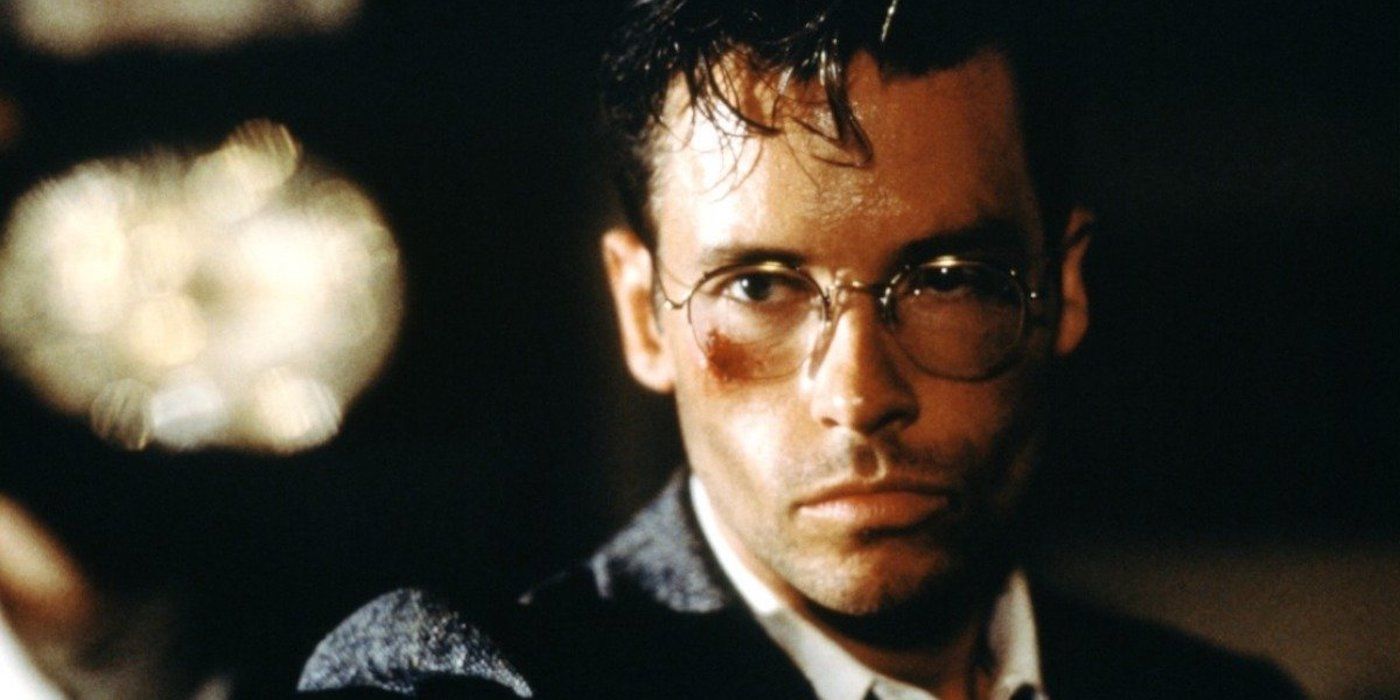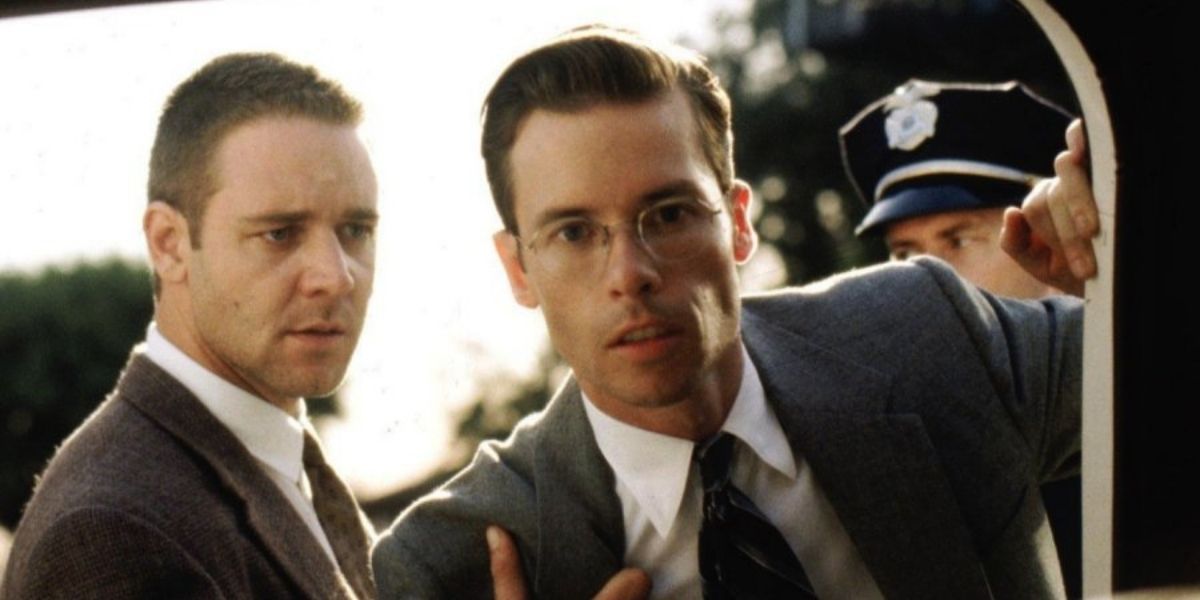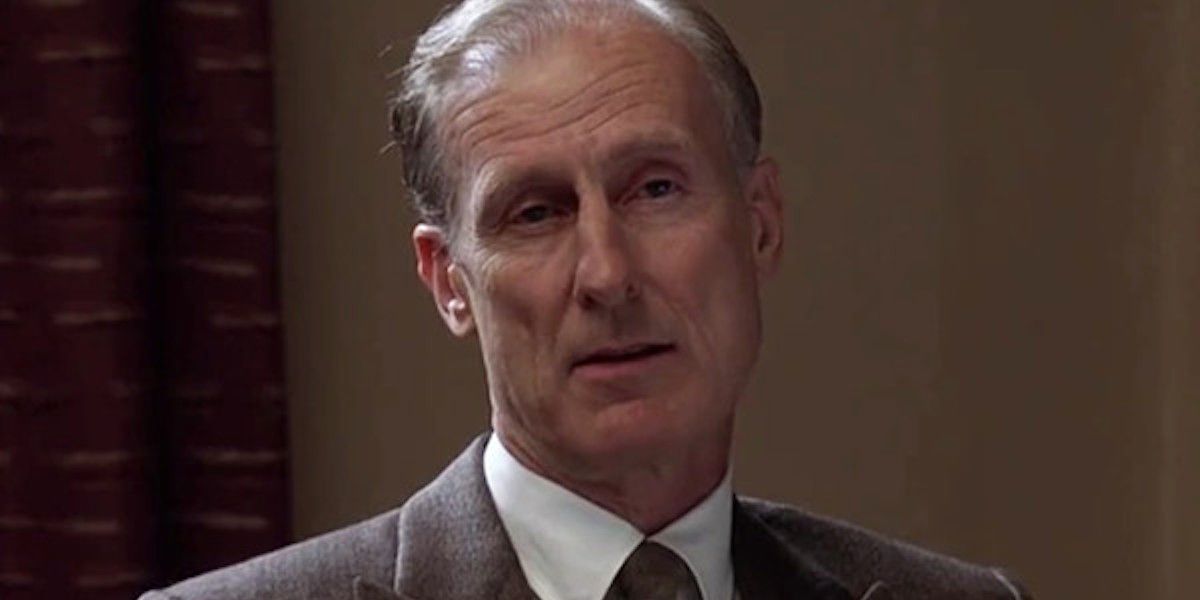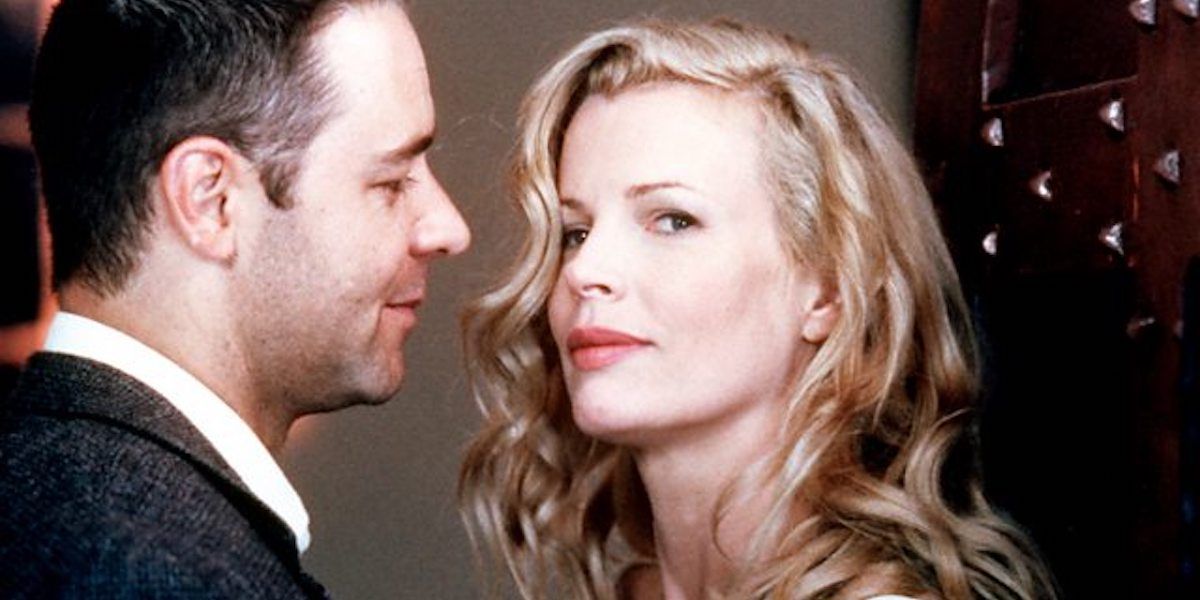Despite being the entertainment industry's capital, Los Angeles doesn’t always do a great job of portraying itself on film. For over 100 years, the city’s main export has sold audiences on LA’s sun-kissed beaches, idyllic suburbs, and starlet-filled mansions in the Hollywood Hills – a vision that conveniently glosses over much of the city’s grimy underbelly. Twenty-five years after its release, L.A. Confidential is the most notable exception and remains the most genuine, holistic depiction of Los Angeles on film since 1997. An unblinking showcase of the city for what it is: a beautiful, fabricated megalopolis in the desert that, while drenched in sunshine and celebrity, is also built on a foundation of corruption, racism, and exploitation of the starry-eyed dreamers who wash up on its shores every day.
What Is L.A. Confidential About?
The plot of L.A. Confidential revolves around one of L.A.’s inconvenient truths: crooked cops and politicians. The story follows a trio of detectives, including Bud White (Russell Crowe’s big break), Ed Exley (Guy Pearce), and Jack Vincennes (Kevin Spacey), as they unravel a city-wide corruption scheme. It’s a dense plot (typical of James Elroy, author of the novel that is the basis for the film) that involves the LAPD, City Hall, real-life-crime-lord Mickey Cohen, heroin trafficking, a prostitution ring, and a sensationalist local tabloid. Eventually, the trio unravels that (SPOILERS!) the conspiracy is led by their boss - detective precinct captain Dudley Smith (James Cromwell) - as he attempts to take over Mickey Cohen’s criminal empire. The film's conclusion finds Smith defeated (shot in the back by Exley), but rather than acknowledge his criminality, the department and Exley decide to spin a story in which Smith is framed as a fallen hero to avoid public embarrassment. A not-so-subtle nod to Los Angeles’ obsession with image rather than reality.
That ending would seem far-fetched if not for the fact that similar blights have plagued Los Angeles, like most major US cities, since its inception. In the 1920s, L.A. officials conducted a now-infamous systemic water theft in Owens Valley, the subject of another famous Los Angeles Noir. The Los Angeles Times freely admits it pulled politicians' strings for years. Frank Shaw, the city’s mayor in the 1930s, was the first big-city Mayor in the US (and only L.A. Mayor) recalled from office due to his shady dealings. And more recently, the 1990s saw the Rampart Scandal, where over 70 police officers were involved in misconduct like bank robbery, unprovoked shootings, and perjury. The double-dealing L.A. Confidential paints in 1950s Los Angeles is a constant throughout the city’s history and prevalent even today - 2022 finds City Hall besieged by federal investigations, including one potentially involving a current mayoral candidate.
Racism Permeates L.A. Confidential as it Has Throughout Los Angeles’ History
In the opening scene, a group of drunk cops assaults three unarmed Latinx men in custody in the basement of the precinct. Later, after a shooting spree in the Nite Owl Diner, Exley and Vincennes arrest three Black men for the crime despite flimsy evidence. When those same men escape custody, Bud White and Exley pursue them, and no one asks questions when White, incensed by their apparent rape of a young girl, murders one of them unarmed (and sets it up to look like the man shot first). After her rescue, the girl pins the Nite Owl murders on her assailants, and Exley takes advantage of the opportunity to advance his career. Only later does she admit she lied about the whole thing.
The girl acknowledges another reality that still holds water today: L.A. was built as a shining city by the sea for Anglo-American settlers at the expense of people of color. The original inhabitants of Los Angeles, the indigenous Tongva peoples, were systematically wiped out through disease and forced slavery under the Spanish Mission system and then through displacement by American settlers following the Mexican-American war. In the 20th Century, Los Angeles forced its Japanese residents into Internment camps during World War II, removed Mexican-Americans from their homes in Chavez Ravine to construct Dodger Stadium, and suffered two racially-charged riots with the 1965 Watts riots and the 1992 Rodney King riots (both in response to racist practices of the LAPD). Today the city remains plagued by the same struggles, with L.A. recently taking home the dubious prize for most hate crimes in California (630 reported in 2021).
L.A. Confidential Nails Los Angeles' Obsession With Celebrity
But even with all of that, one aspect of Los Angeles L.A. Confidential nails most: the city’s obsession with celebrity and the frequent abuse and exploitation of those who come to L.A. to pursue it. Two minor characters, Matt Reynolds (Simon Baker) and Susan Lefferts (Amber Smith), are both forced to use their sexuality to book acting work, and both end up dead (unknowing pawns in a wider conspiracy). As Lynn Bracken (Kim Basinger) says, “Sue came on a bus with dreams of Hollywood, and this is how they turned out.” Bracken herself came to L.A. to be an actress but instead ended up in a prostitution ring of sex workers who undergo plastic surgery to look like movie stars (a subplot that succinctly distills Los Angeles to its essence). Then there’s Jack Vincennes, who develops a relationship with Sid Hudgens (Danny Devito) (publisher of "Hush-Hush Magazine," an L.A. tabloid) by giving Hudgens information on narcotics busts, and in exchange, Hudgens gets Vincennes a position as “technical advisor” to the popular TV show "Badge of Honor." A role he relishes for its celeb-adjacency, despite the deal with the devil it requires. All are proof points to the city’s potent tendency to corrode and corrupt its inhabitants as they give anything (including their honor and, in some cases, lives) to achieve fame.
Plenty of other films about Los Angeles these past 25 years tackle similar subjects, but all focus on only one of the Angeleno pillars mentioned above. Crash tackles racism, Training Day police corruption, and The Bling Ring L.A’s toxic obsession with celebrity (to name a few). But L.A. Confidential is the only one to capture the grime on the wings of the City of Angels in its totality, effectively portraying the city's true face that underlies the unspoken tax paid for that tan. It’s a film that salutes the dreamers who see the city for what it is and take advantage of it accordingly. Those who acknowledge the false edifice of Los Angeles and, in doing so, can achieve their dreams. Sid Hudgens says it best in his opening monologue.
All these years later, L.A. Confidential is the best film for the truth about Los Angeles - if only the dreamers who still show up on the bus to Los Angeles every day would take their eyes off the stars to see it.




